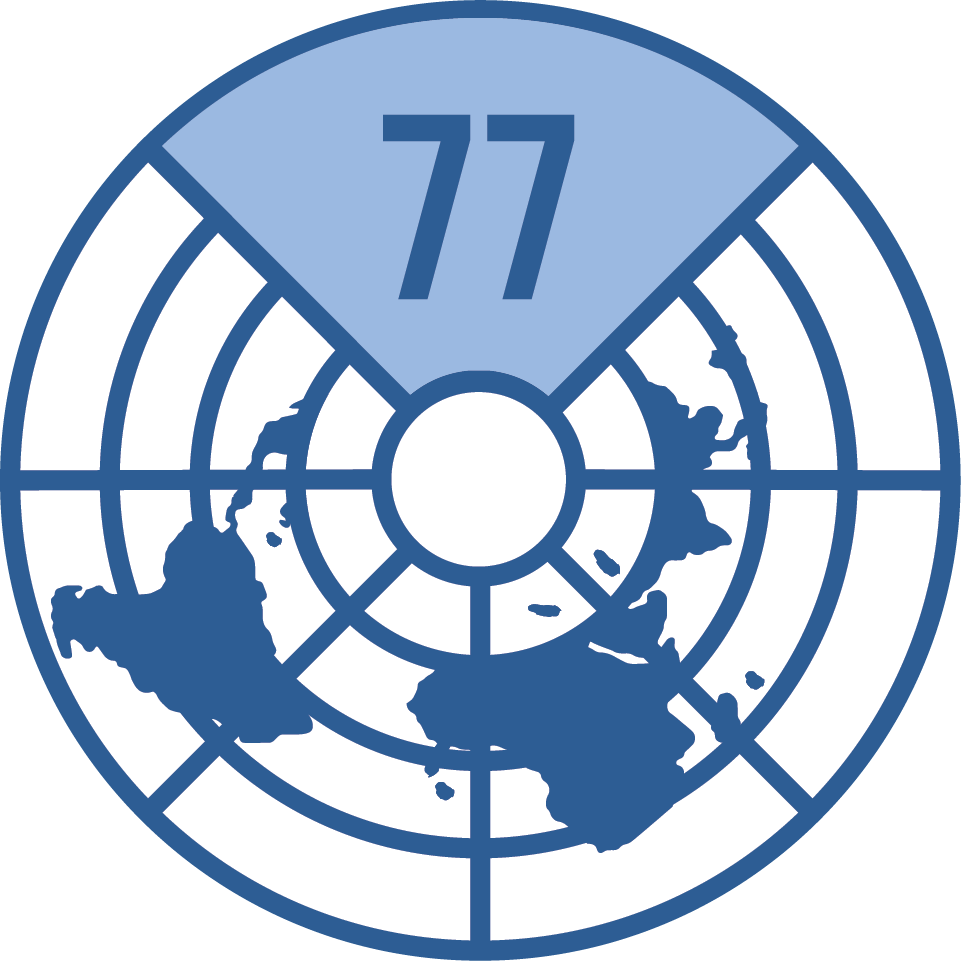
Statement on behalf of the Group of 77 and China by the delegation of Pakistan at the informal consultation on the formulation of an elements' paper for the Declaration on Future Generations (New York, 22 July 2022)
Excellencies,
I have the honour to deliver these remarks on behalf of the G77 and China.
Allow me to begin by thanking the co-facilitators for arranging the series of consultations on the elements’ paper on the declaration on future generations.
Also thanks to the Executive Office the Secretary General for the presentation.
It is beyond doubt that the future is concentrated in the Global South, as it will host the majority of the future generations. Therefore, priorities of the global South should form the basis of “Declaration on Future Generations”.
Allow me to highlight that in the 2030 Agenda for Sustainable Development 2030 Agenda, we agreed to implement the Agenda for the full benefit of all, for today’s generation and for the future generations.
The 2030 Agenda alongwith its 17 SDGs and 169 targets present the most comprehensive set of actions required to protect the interests of present and succeeding generations. It is obvious that we do not need to renegotiate the already existing consensus documents.
What we need in the remaining decade of action is the implementation of current agreements, commitments and pledges.
We are encouraged that “Our Common Agenda” and the “Declaration on Future Generations” will focus on “turbo charging” the achievement of the 2030 Agenda.
However, without sufficient means of implementation the achievement of the 2030 Agenda would remain illusive. Therefore, the Group believes that adequate financial means, technology transfer on concessional and preferential terms, and capacity building of the developing countries are required for achieving the SDGs in the remaining decade of action.
As stated by the Secretary General the global financial architecture as it stands today is “morally bankrupt” and needs a “complete overhaul” to provide sufficient means to the developing countries and people for the achievement of the SDGs. The Group would, therefore, like to see elements towards this end in the elements’ paper.
Today, more than ever, rapidly advancing scientific and technological developments, particularly in areas such as block- chain, biotechnology, and information and communication technology, have played a critical role in economic and social development and have, therefore, influenced all areas of human endeavour. We, therefore, would like to propose elements on technology transfer on preferential and concessional terms to the developing countries in the element paper.
As mentioned by the Secretary General, “inequality is the hallmark of our time”. Without bridging these inequalities between the Global South and Global North it would be difficult to prevent future crises and recover from the current ones.
Without combating the challenges that we face today such as extreme poverty, hunger, food insecurity, unsustainable debt burden, climate change, we cannot ensure sustainable future for present and succeeding generations.
The Group would also emphasize the intergovernmental nature of the process leading up to a consensus declaration on future generations. The agenda and decisions that we do during the course of our discussions should emerge from and decided by the Member States.
At the end, I have following questions for clarification on the process:
i. As mentioned in the concept note that the Declaration could be referenced in the proposed chapeau document that would be adopted at the Summit, a “Pact for the Future”, but would also be its own stand-alone document. It further elaborates that while the Pact for the Future is envisaged as a broader document bringing together different tracks of the Summit of the Future as agreed to by Member States, the thinking was that the Declaration on Future Generations would be specifically focused on commitments by Member States on behalf of present generations to take the interests and needs of future generations into account in decision-making, with its own institutional follow-up. Are these two different documents? And is there any information on the discussions on the “pact for the Future”
ii. The Group has consistently emphasized that all outcome documents need to be intergovernmentally negotiated and agreed. We therefore emphasize for clarity on the consultative process on both the documents?
The Group will also share its written inputs by the deadline of 10 August on the elements paper.
I thank you.

